Astronomy
-
 Astronomy
AstronomySeeing very far away and hitting closer to home
Editor in Chief Nancy Shute discusses the first-ever image of a black hole and what can be done to help young children with anxiety.
By Nancy Shute -
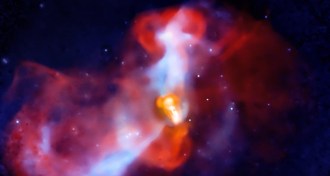 Physics
PhysicsThe M87 black hole image showed the best way to measure black hole masses
The first image of M87’s black hole suggests it is 6.5 billion times the mass of the sun — close to what was expected based on how stars move around it.
-
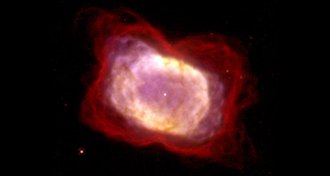 Chemistry
ChemistryThe first type of molecule to form in the universe has been seen in space
The chemistry of the universe began with helium hydride. Scientists have just seen it in outer space for the first time.
-
 Science & Society
Science & SocietyBlack hole image validates imagining the unimaginable
Human creativity conjured up the most extreme of astronomical phenomena long before they could be seen.
-
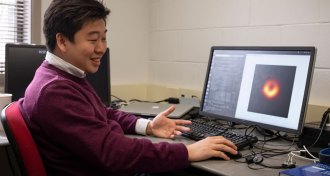 Astronomy
AstronomyMeet one of the first scientists to see the historic black hole image
Kazunori Akiyama was one of the first scientists to see the black hole snapshot.
-
 Astronomy
AstronomyHow scientists took the first picture of a black hole
Here’s how scientists connected eight observatories across the world to create one Earth-sized telescope in order to create an image of a black hole.
-
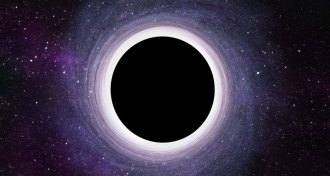 Astronomy
AstronomyAll you need to know about the history of black holes
From dreaming up black holes to snapping the first picture of one, the history of black holes has had many twists.
-
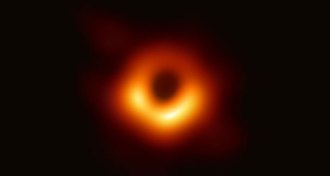 Astronomy
AstronomyThe first picture of a black hole opens a new era of astrophysics
Astronomers used a network of telescopes around the world to take a picture of the supermassive black hole in the galaxy M87.
By Lisa Grossman and Emily Conover -
 Science & Society
Science & SocietyThe delight of discovering an asteroid that spits
Editor in Chief Nancy Shute discusses recent news about the asteroid Bennu and Kuiper Belt–object Ultima Thule.
By Nancy Shute -
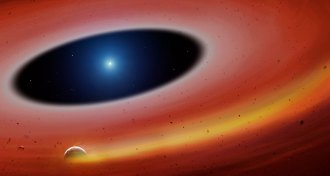 Astronomy
AstronomyThis planetary remnant somehow survived the death of its sun
A small, sturdy piece of planet survived the collapse of its sun and now orbits the dead star.
-
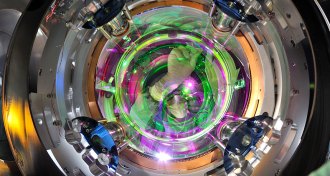 Physics
PhysicsThe LIGO and Virgo gravitational wave detectors are back on
Souped-up instruments could spot never-before-seen sources of gravitational waves.
-
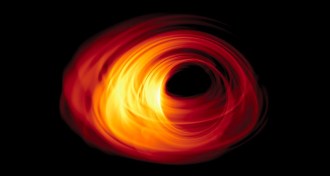 Astronomy
Astronomy4 things we’ll learn from the first closeup image of a black hole
Scientists are gearing up to release the first image of the black hole at the center of the galaxy. Here’s what they hope to find out.